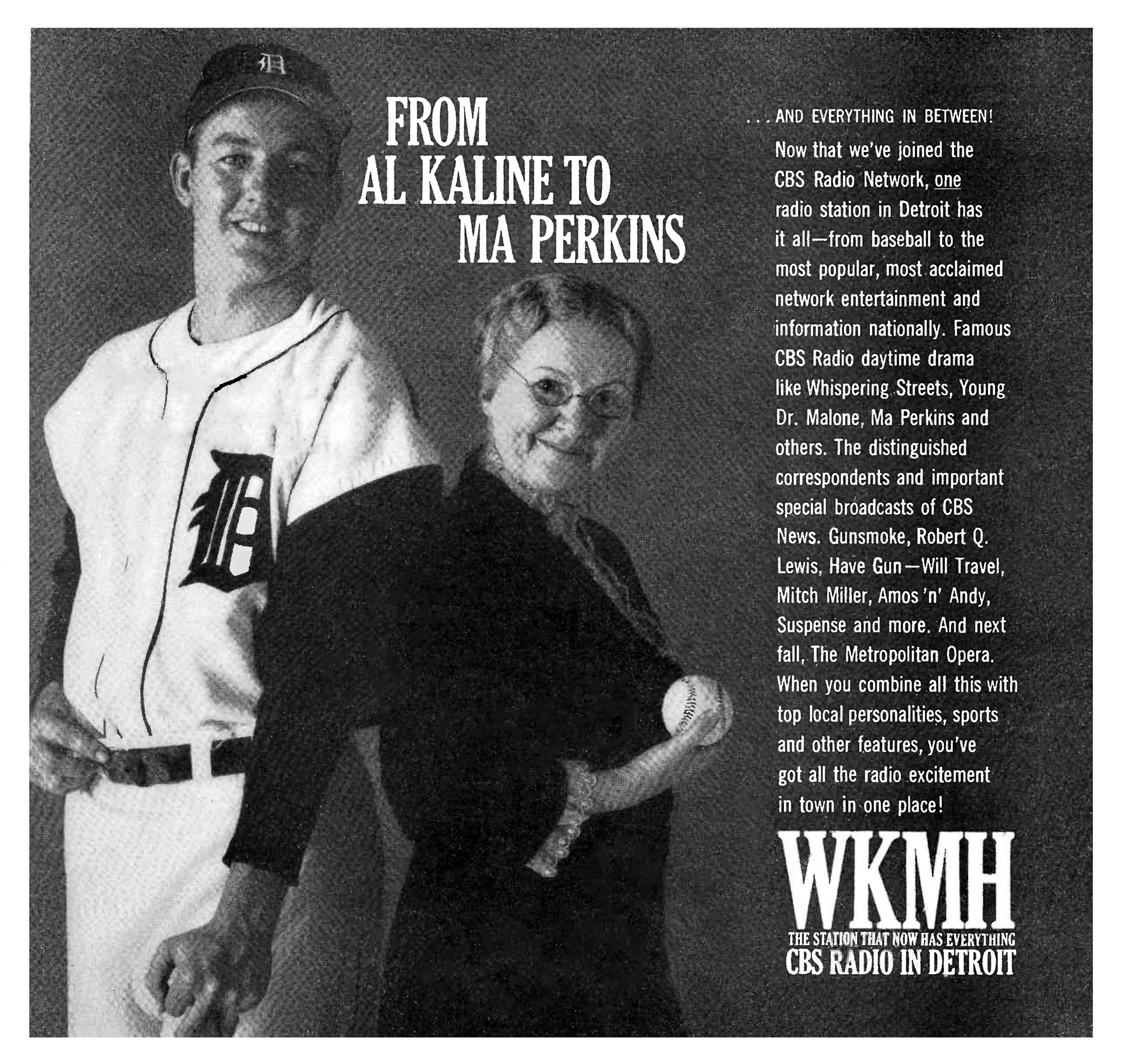
On your mobile device? Tap on image. Open to second window. “Stretch” image across your device screen to magnify for largest print view.
![]()
 From the MCRFB NEWS archive: 1963
From the MCRFB NEWS archive: 1963
The Bill Gavin Newsletter June 8, 1963
From the Desk of Bill Gavin Billboard Contributing Editor
“DIRTY LYRICS!” That’s a term we’re hearing these days more often than ever before. Radio people are becoming increasingly critical about the song lyrics offered for air play. In several instances, program directors have withdrawn a record from the playlist because of listener complaints.
 One correspondent, referring to a new record, writes: “A definite hit sound. If stations refuse to program this record because of the lyrics, then there must be 25 more records that should be dropped for the same reason. What is the answer? Action on our part? Action on the record industry’s
One correspondent, referring to a new record, writes: “A definite hit sound. If stations refuse to program this record because of the lyrics, then there must be 25 more records that should be dropped for the same reason. What is the answer? Action on our part? Action on the record industry’s
part? There are so many questionable records that if we refused to play them all there would be a gigantic hole in our playlist.
“I dislike this trend in lyrics, and I feel a deep obligation to serve the public interest, but it is getting more difficult all the time to do that and program some of this trash at the same time.”
OUR NEWSPAPERS carry frequent stories about juvenile immorality and violence. No one would go so far as to place all the blame on the records heard over the radio. The records are simply a mirror of teenage tastes, interests and problems, just as the teenagers themselves reflect some of the turbulent pressures and changes in modem society.
Another radio man writes: “This is a tough problem. If we don’t play (title deleted) the competition will, and we lose listeners who want to hear it. These kids learn real fast when your station isn’t playing something they want. Of course, we’re taking the chance that some screwball will squawk to the Commission. I guess that’s just one of the hazards of the business.
“THE RECORD COMPANIES have to put out this stuff because the kids buy it, I suppose. Maybe it’s just a passing trend. I hope so.” Is it contrary to the “public interest” to broadcast a record dealing with teen marriages? Or with a girl who asserts that she is no “pushover?” Or with a love so great that “I’m gonna give him everything he wants?” Or a boy who sings “Come on, baby, love me all the way?”
Regardless of what lines are to be drawn, and where, one fact seems clear. Radio is in a peculiarly vulnerable position. It holds its right to broadcast from an agency of the government. Unlike a newspaper, whose emphasis on sex and violence is limited only by editorial policy, a radio station is always susceptible – theoretically, at least – to being put out of business because an aroused public opinion demands it.
So far no station license has been canceled because of any records that have been aired. However, thoughtful broadcasters must certainly be aware that public opinion is growing more concerned over the problems of youth. Statistics on illegitimate pregnancies among high school girls are being given prominent newspaper space. The press recently quoted a prominent educator as urging that high school students be given instructions in the use of contraceptives.
IT IS LIKELY that if a responsible citizen’s group were to monitor the song lyrics broadcast by the top 40 stations in their community, a strong basis for an official complaint would be found. Regardless of how insensitive a broadcaster’s social conscience maybe, an enlightened self -interest should warn him of the need for cleaning up his playlist.
In fairness, it must be pointed out that only a small percentage of the current singles output contains offensive lyrics. It is also true that the great majority of radio stations resolutely ban any material that is questionable in the slightest degree. Unfortunately, however, this minority influences reaches a majority of teenagers. If only a few of them are wrongly influenced by some of the things they hear on radio, it is still too many.
___
Information and news source: Billboard; June 8, 1963

![]()